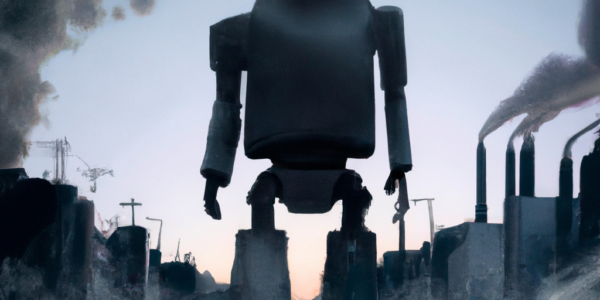New research from China confirms our belief that automation can reduce pollution.
Automation is green
We’ve always believed that automation is good for the environment, even though we know that factories can also be responsible for pollution.
Automation can be an energy-efficient means of production. It can reduce waste. It can optimize the use of resources. Through sensors and monitoring, it can identify and respond to environmental threats.
But the new research found that the use of industrial robots directly correlates with reduced emissions. The effects are more striking than a general avoidance of waste would suggest.
We know that automation can improve environmental factors by increasing production efficiency and thereby reducing energy use. A reduction in waste during production also limits the resources used in manufacturing. New data collection capacity allows Industry 4.0 factories to predict needs for materials more accurately, again reducing waste.
Robots can also reduce pollution directly
“Industrial robots can measure a variety of pollutants, and have the function of remote unmanned operation and warning,” researchers explained. “It reflects the pollution situation in time, reducing the probability of pollution incidents.”
They point out that traditional methods of testing come after the fact – -after the damage has already been done. Current industrial automation allows real-time monitoring of effluents.
They make a further interesting point. Greater automation leads to more highly skilled workers, since less-skilled workers are more likely to be replaced by robots. This, they suggest, improves communication and increases innovation, both of which can be directed toward reducing environmental damage.
The researchers propose that robotics be more fully funded by their government, with a view to reducing pollution across China. This could be a good idea for any country.
